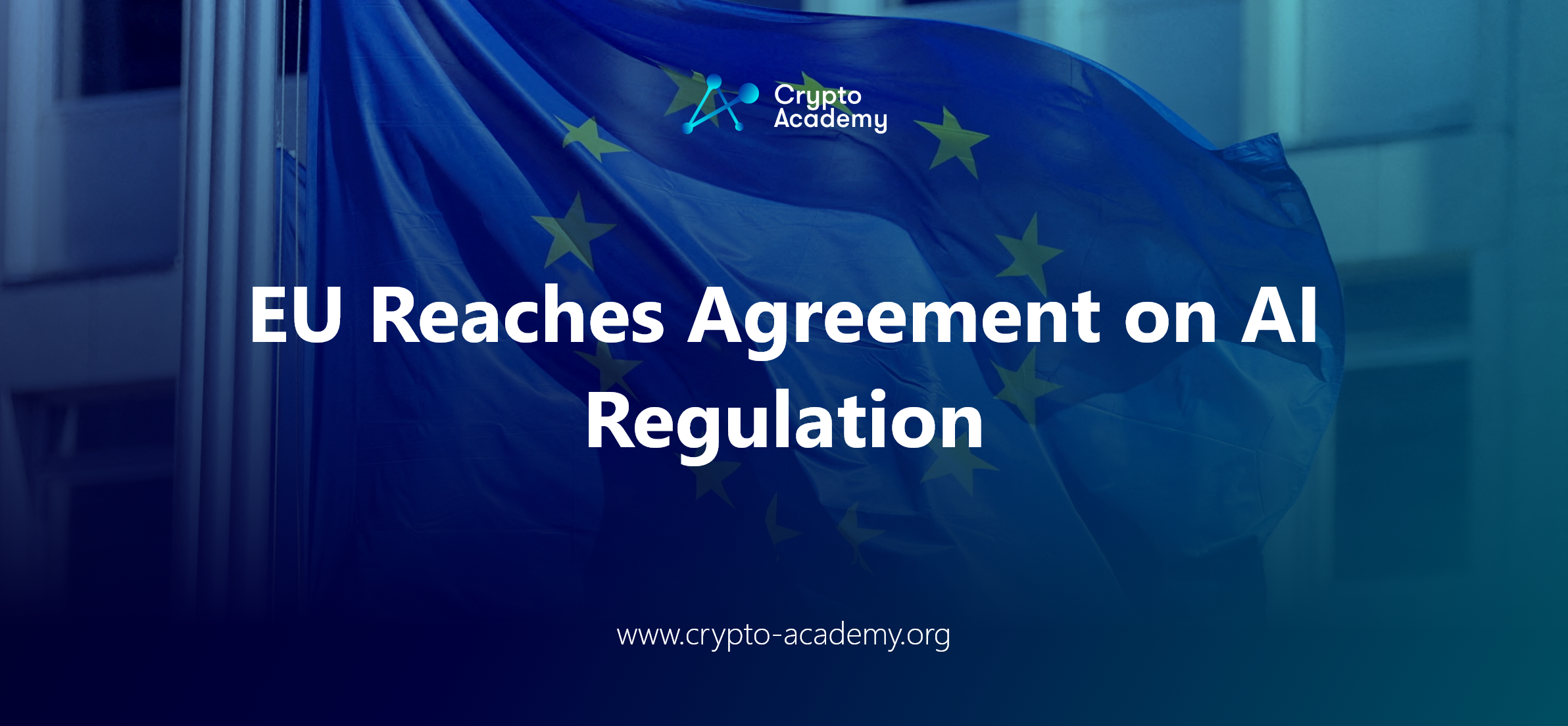EU Reaches Agreement on AI Regulation

EU officials agree on AI regulations, focusing on transparency and ethical use, with significant penalties for non-compliance.
In a recent development, European Union (EU) officials have reached a provisional deal on artificial intelligence (AI) regulations. This decisive agreement, arrived at on December 8th, aims to establish clear and comprehensive rules for the deployment and governance of AI technologies, including popular models such as ChatGPT.
AI Regulation in the EU: A New Era
The European Parliament and Council negotiators, after extensive discussions and negotiations lasting nearly 24 hours followed by an additional 15 hours, have set the stage for the EU to become the first supranational authority to legislate on AI. This framework emphasizes the beneficial use of AI while safeguarding against potential risks.
The focus of the agreement is multi-fold. It encompasses the use of AI in biometric surveillance by governments, regulation of AI systems like ChatGPT, and mandates adherence to transparency rules prior to these technologies entering the market. This involves providing technical documents, complying with EU copyright norms, and sharing summaries of training content.
Central to this regulation is the stipulation that AI models presenting significant impact and systemic risks must undertake rigorous risk assessments. They are required to conduct adversarial testing to gauge system resilience, report any incidents to the European Commission, ensure robust cybersecurity measures, and disclose information regarding energy efficiency.
Implementing AI Regulation: The Road Ahead
This regulation also addresses the ethical and social implications of AI. It prohibits the use of AI for cognitive behavioral manipulation, scraping facial images from the internet or CCTV footage, implementing social scoring systems, and using biometric systems that infer personal details like beliefs and sexual orientation. Additionally, it empowers consumers to file complaints and seek explanations regarding AI systems.
In the realm of enforcement and compliance, the agreement sets stringent fines for violations. These range from 7.5 million euros (approximately $8.1 million) or 1.5% of a company’s turnover, to as high as 35 million euros ($37.7 million) or 7% of global turnover. The scale of the fine is contingent on the nature of the infringement and the size of the offending company.
Following this provisional agreement, the text will undergo formal adoption by the European Parliament and Council. Lastly, the internal market and civil liberties committees of the parliament are scheduled to vote on this agreement in an upcoming meeting.

Comments are closed.